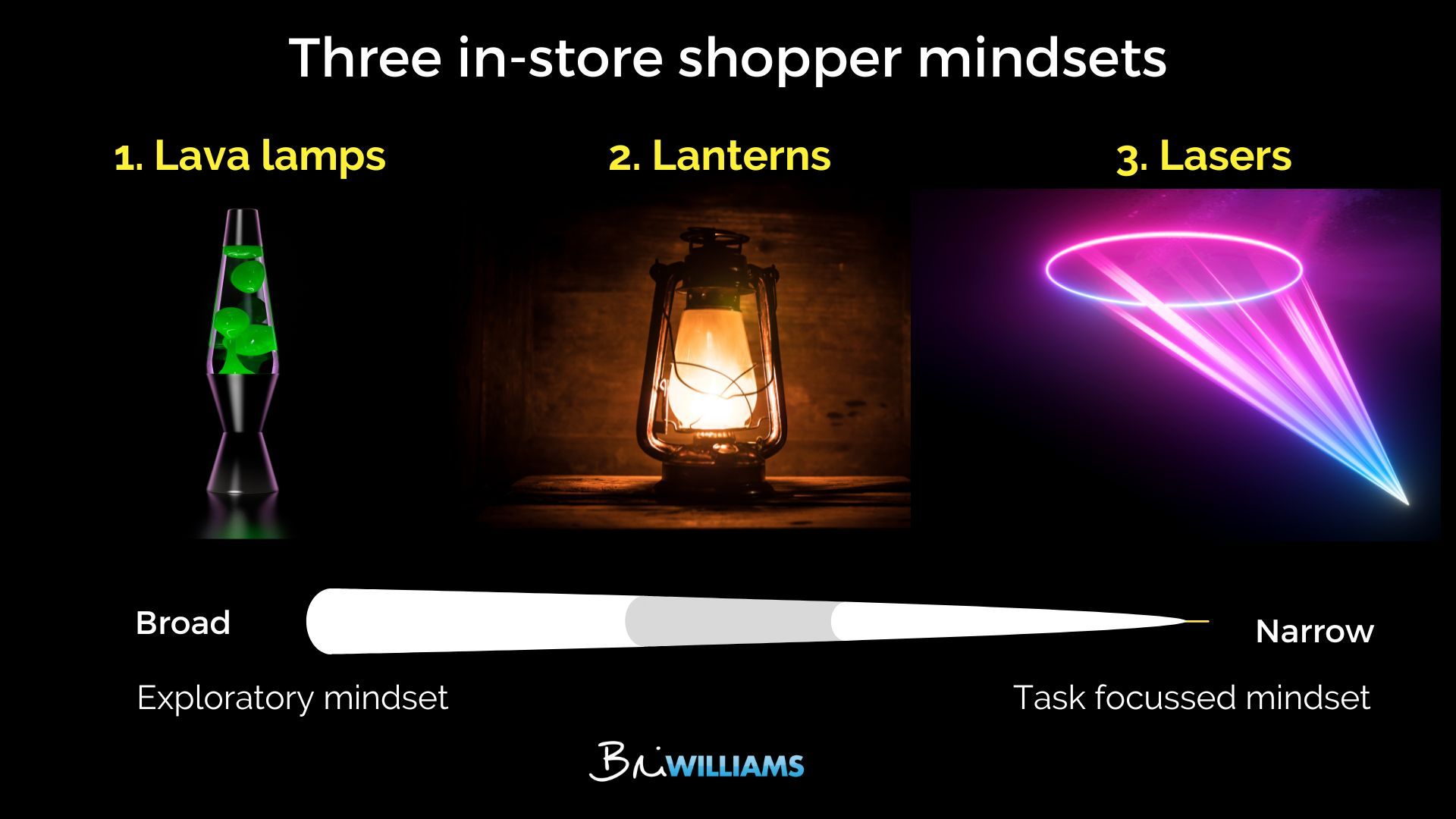Using ego to engage

Ego might be a dirty word, but it’s also a mighty strong sales technique.
Here’s how I fell for it.
Academia, a website housing academic papers across a broad range of fields and journals, sent me this tantalising email.

Game on! Let’s see who’s talking about me!
To access my mentions, I needed to subscribe to their Premium service, which I could do by joining a $1 trial.

So far, so good. I’m one click away from seeing who thinks I’m clever.
But no.
Because trying to search my m...
Push vs pull persuasion

When I worked at White Pages, a new leadership team from the US was temporarily installed to reignite the Australian business.
Every few months we gathered for an all company meeting, 500+ of us sitting in a theatre to hear our Chief Strategy Officer share plans and progress.
Let me tell you, this leader was big on applause. So big that she constantly paused to prompt round after round of noisy affirmation.
As a result, these meetings got longer and longer.
And longer.
In fact, they too...
3 shopper mindsets

I’m preparing for a keynote to a retail group in a couple of weeks, so I’ve been thinking about how they can better engage with in-store shoppers.
As I see it, there are three shopper mindsets that vary according to task orientation:
- Lasers,
- Lanterns and
- Lava Lamps.
I’m using light as the metaphor to represent how diffused their focus is.
At one end of the task orientation scale, Lasers are laser focussed on what they need to buy. They want to get in and get out, so don’t get in...
Future proofing professional roles

Two years ago, those in professional roles were competing for jobs and promotions against other applicants.
Now, you're competing against AI.
You need to prove that the value you provide is beyond what AI can do.
👉 In other words, 'soft skills' are what will distinguish you, not technical expertise.
But how to prove your soft skills?
Aside from having lots of examples of how you've worked with and through others to achieve an outcome, formalised training in behavioural science can set yo...
Dialling down the volume

As the world gets noisier, how can you turn down the volume for your customer?
As the deluge of content continues, how can you give them less to worry about, not more?
In a world of generic AI content, how can you distinguish your voice?
Your brand voice - what makes you different - has never been more important.
In a world of mass produced, flavourless tomatoes, be a juicy, rich and memorable tomato instead.
Your customers will thank you.
P.S. If you found this interesting, don...
Big fat no
There’s a scene in My Big Fat Greek Wedding where the mother and aunt are conspiring to get the father to agree to an idea.
Rather than ask him directly, for fear he’ll say no, they have to make him think it was his idea all along.
Funny, yes, but an important insight, too.
Because what they are trying to avoid is something called “reactance”.
In other words, if you tell me what to do I’m going to do the opposite!
Reactance is a big problem in business because it means great ideas and so...
Present tense is more persuasive
Does writing in present tense make you more persuasive? According to research on Amazon listings, the tense we use impacts how helpful reviews are, and more importantly, how persuasive you can be in your written communications.
Past, present and future tense
Across five studies, including over 2 million online reviews, researchers wanted to know whether using past, present or future tense matters most to the reader.
Starting with a database of 832,137 Amazon fashion and beauty product revi...
Should you show effort?
Should you show effort?
A locksmith turns up to a house where the owner has locked themselves out. After only a few minutes, the locksmith unlocks the door, turns to the relieved owner and says “That will be $200”.
“$200!", the home owner splutters. “It only took you 2 minutes!”
“2 minutes to open your door, but 10 years to know how to do it so quickly!”, replies the locksmith.
This story, or versions of it featuring a mechanic, carpenter or other trade, makes the point that people often equ...
Getting unstuck
We’re now a couple of weeks into the new year.
If you are struggling with making promises stick, here are three questions to ask yourself:
- Is it worth bothering?
- Am I actually clear on what I need to do?
- What am I worried about if I do this?
Is it worth bothering?
If you haven’t done whatever “it” is yet, the reward for bothering may not outweigh the effort involved.
That means you have two avenues to follow. Make the payoff more attractive and/or make it easier to do.
Am I actua...


